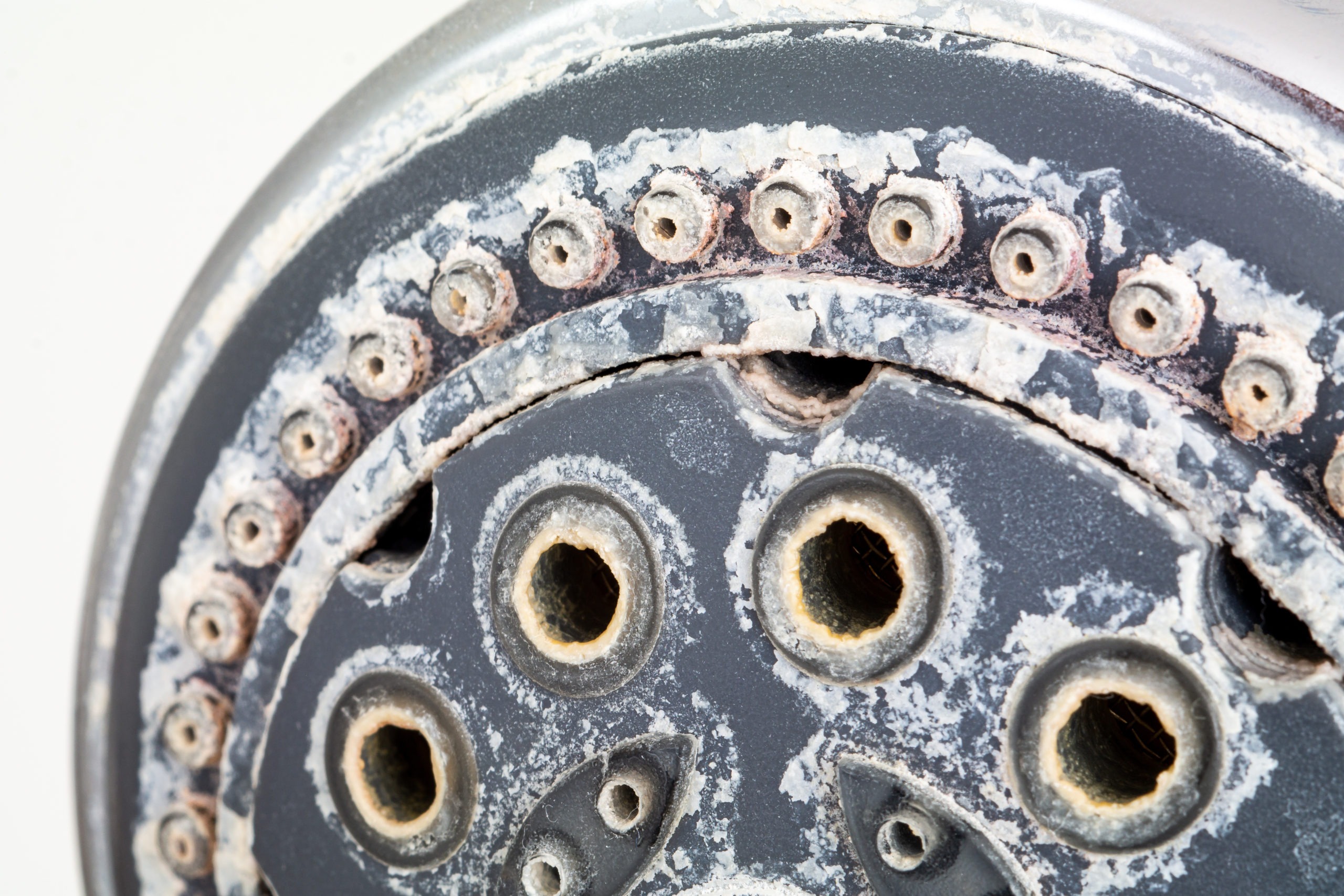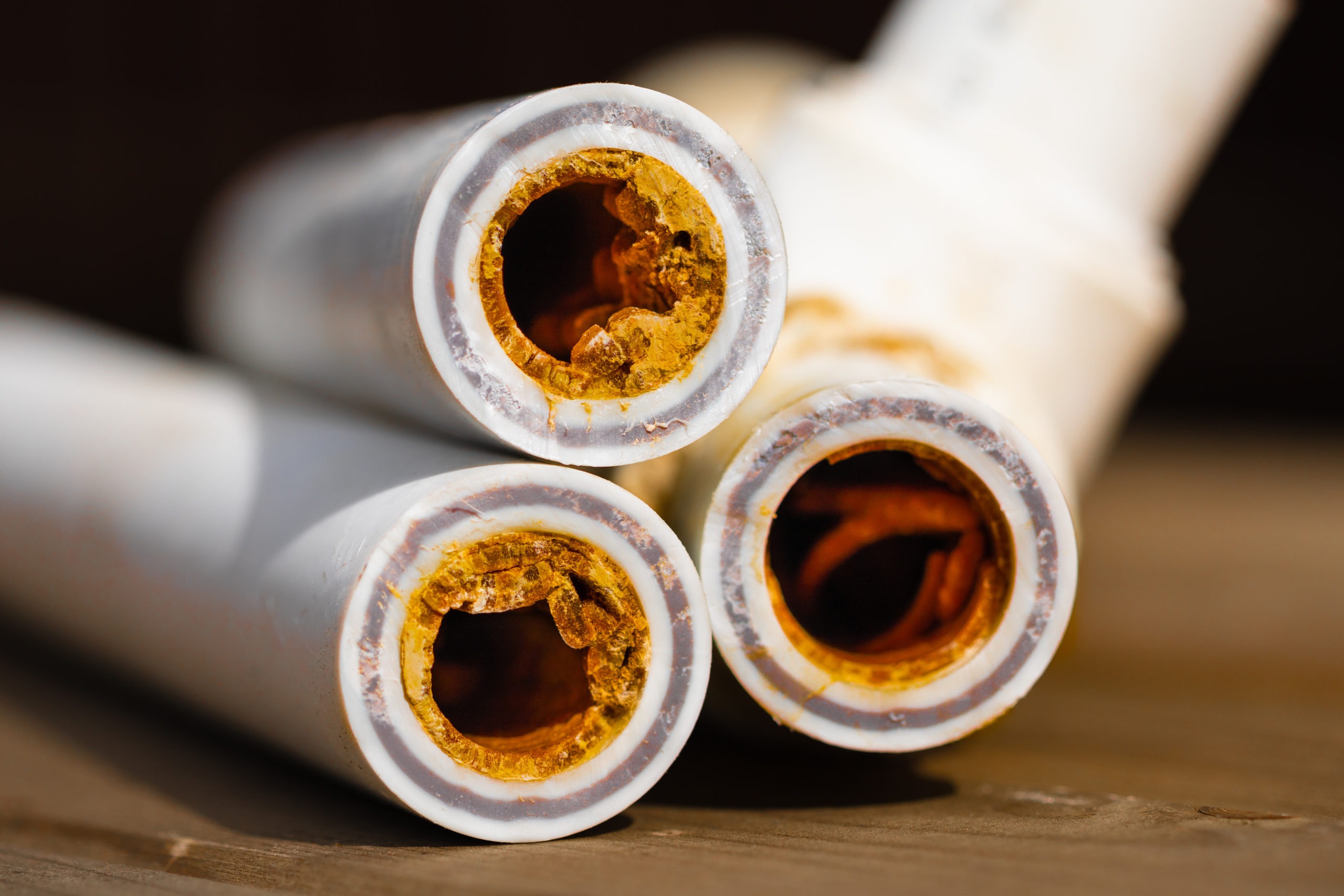Hard water is water full of dissolved minerals such as magnesium carbonate, iron, copper, and calcium. Though these minerals are not harmful when consumed, hard water sediments can also carry harmful bacteria, which can cause inconveniences in your home. Dissolved minerals are impossible to see. However, your water can still be tested to know exactly how hard it is.
Hard water can cause several household issues, as discussed below:
1. Causes Spotting On Glasses And Dishes
Hard water causes cloudy spots on the dishes regardless of how much you rinse them. These stains leave your dishes looking dirty, making you think it’s leftover food. The thing is, that’s the combination of soap and mineral deposits such as iron that causes pipes to rust. It forces you to use a lot of energy to get rid of the stains, and no matter how you try to remove these stains, they eventually come back.
2. Causes Scummy Residue On Tubs And Showers
Since high calcium levels in hard water prevent soap from dissolving, rinsing away becomes difficult. The soap forms an insoluble residue that sticks to tiles, bathtub surroundings, and curtain showers.
The soap scum left on your shower curtains might cause the development of microbial biofilm that might contain harmful bacteria. These deposits are particularly resistant to products designed to remove scum, making them unattractive even after cleaning. Fortunately, you can resolve this issue by using a water softener.
3. Causes Dull Hair, Dry And Itchy Skin
Since soap doesn’t dissolve in hard water, it leaves a film on your body that makes your skin dull and dry. The residue makes sensitive skin feel itchy, leading to skin issues like psoriasis. Hard water can also block your pores hence coating the air, making your skin appear duller.
When children are exposed to hard water, they are at high risk of developing a skin problem known as eczema. Research also shows that bathing with hard water can worsen eczema symptoms.
Hard water can leave minerals in your hair, reducing its natural shine, thus leaving buildups on your scalp. The deposits block moisture from your hair shafts and dry them out, making them difficult to shampoo or rinse.
4. Causes Sluggish Sink Drains
As these minerals accumulate inside your sink’s drain pipes, they reduce water flow leading to sluggish drainage. These minerals cause clogging since bits of food, and other wastes get stuck in the narrowed pipes. It reduces the appliance’s effectiveness and lifespan.
5. Causes Fading Laundry
Hard water can have a negative impact on your laundry. When minerals such as iron and calcium found in hard water react with the chemicals in laundry detergent, they leave your clothes unrinsed, frayed, and quickly get worn out. With hard water, you are more likely to use more detergent. Hard water can contribute to the fading of clothes and stains due to iron elements.
6. Causes Unpleasant Water Taste And Smell
Hard water can change the taste and smell of your drinking water. If you encounter a strange smell or an unpleasant taste in your drinking water, you obviously have a water conditioning problem. It indicates that your water is either contaminated or hard water. In the case of too many iron minerals, it will often taste metallic or have an unpleasant smell due to magnesium accumulation and some types of bacteria. If your water tastes like dust, that could be sediments of dirt, old pipes, or algae. You can tell what mineral is in your water by conducting a water test in a water test lab.
7. Shortens Hot Water Heater Lifespan
The amount of minerals present shortens the lifespan of your heater. When sediments build up in your water heater, it lowers its efficiency. The limescale forms on the heating element, covering it and reducing its heating ability. Again, the mineral deposits settle at the bottom of the tank, thereby decreasing the amount of available hot water in the tank.
8. Causes Slow-Flushing Toilets
Any surface that comes into regular contact with hard water is more prone to mineral deposits. Deposits form inside the tank can lead to corrosion of internal components, reducing the life of the toilet. Impurities form inside the drain pipes, narrowing them and reducing their water flow, leading to blockage.
Conclusion
Dealing with hard water can give you headaches. However, this issue can be solved by installing a water softener in your home. The water softener helps remove dissolved minerals from your water as it comes directly from the source. Again, you can use water conditioning products like a reverse osmosis system, which will help eliminate harmful contaminants. If you are looking for a water softener for your home, find a water conditioning expert near you.


